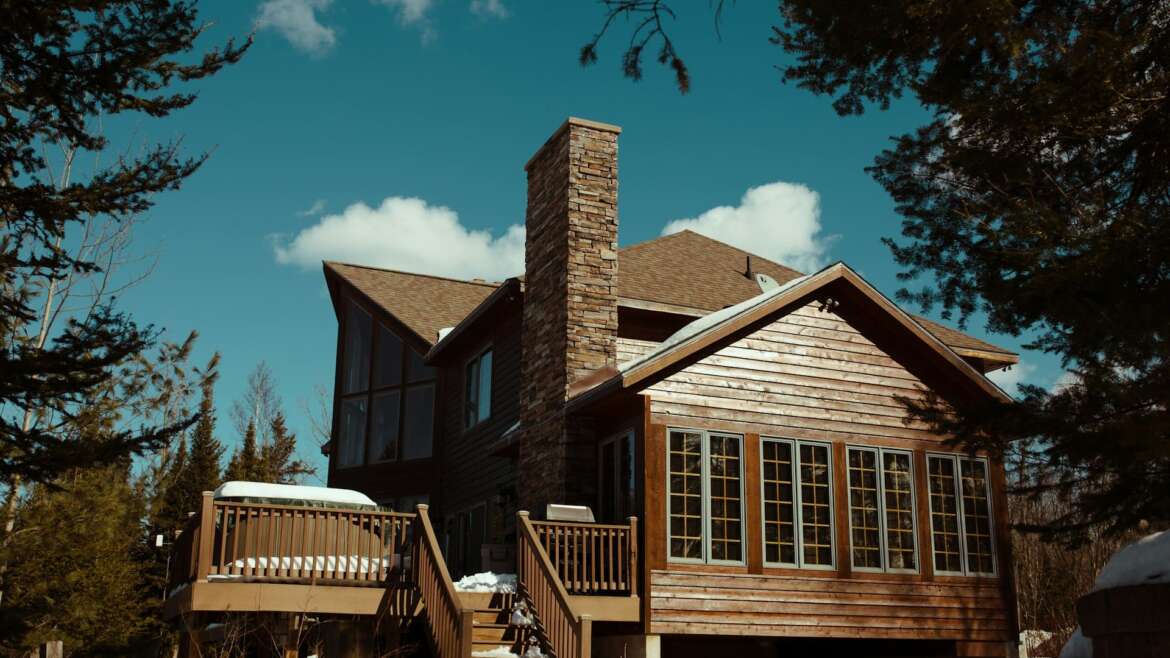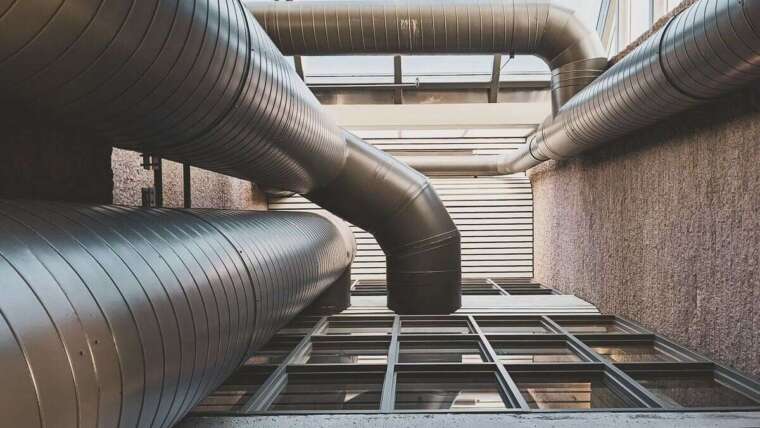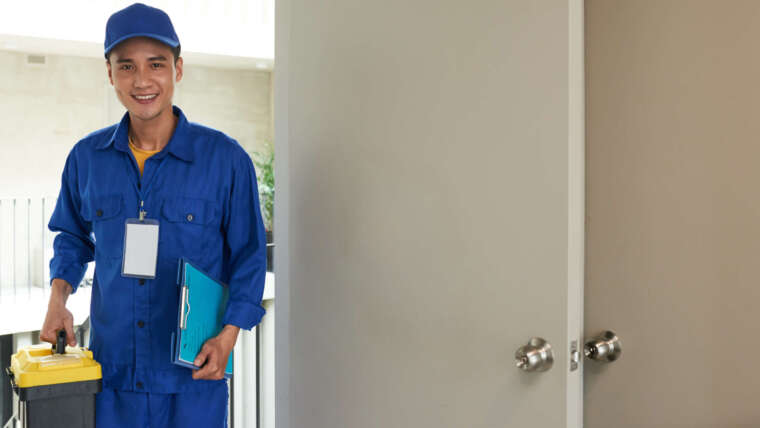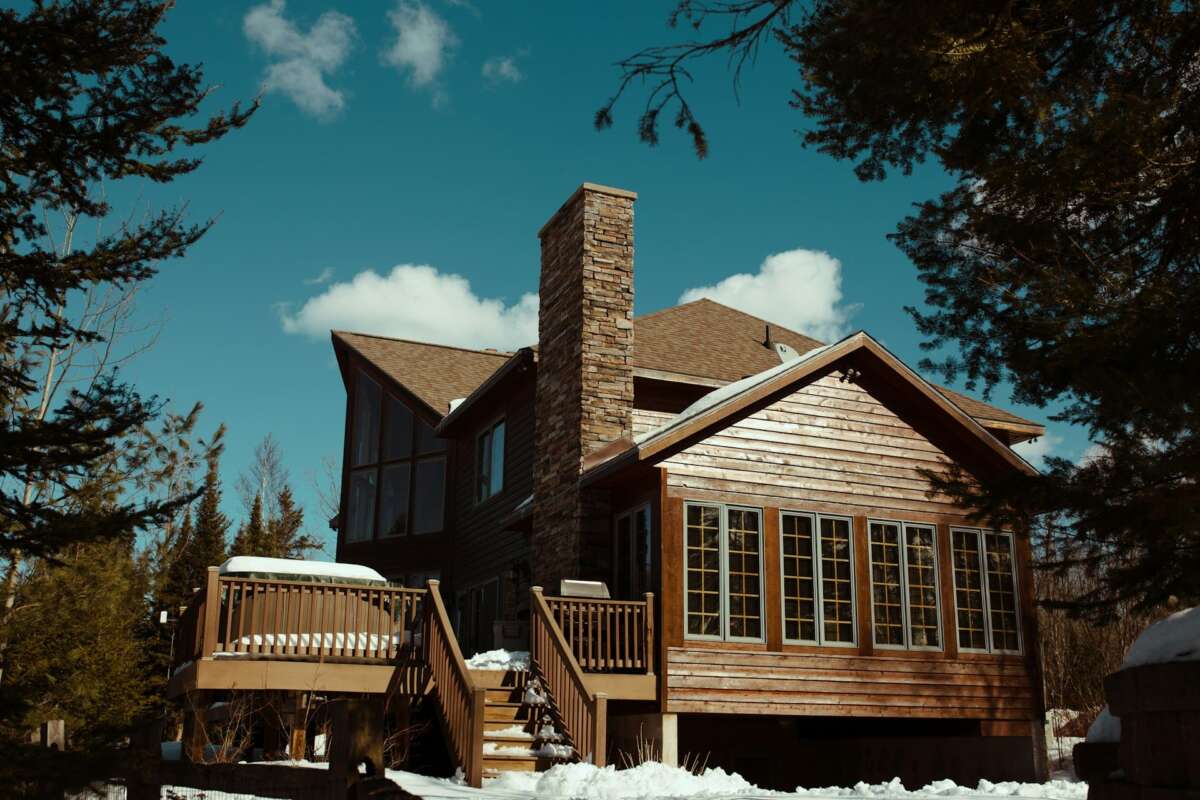
Having a fireplace or wood-burning stove can add a cozy atmosphere to your home, but it requires regular upkeep to ensure safety and efficiency. One of the most important aspects of this upkeep is chimney cleaning. Knowing how often to clean your chimney is key to avoiding risks such as chimney fires and ensuring the air quality in your home remains high.
In this guide, we’ll explain how frequently chimney cleaning should be done, what factors influence how often you should clean it, and offer maintenance tips to keep your chimney in excellent condition. If you need expert cleaning services, be sure to visit ProMaster Air Duct.
Why Regular Chimney Cleaning is Necessary
Regular chimney cleaning is critical for several reasons:
- Preventing Chimney Fires: Creosote, a byproduct of burning wood, builds up on the chimney walls. This highly flammable substance is a common cause of chimney fires. By scheduling regular cleanings, you can remove creosote and significantly lower the risk of fire.
- Boosting Efficiency: A clean chimney allows smoke to exit the fireplace efficiently, improving the fire’s performance. A dirty chimney restricts airflow, reducing efficiency and increasing fuel consumption.
- Improving Air Quality: Dirty chimneys can allow harmful gases like carbon monoxide to leak into your home. Regular cleaning ensures that dangerous fumes are properly vented outside.
- Preventing Structural Damage: Soot and creosote buildup can trap moisture, leading to structural issues. Regular chimney maintenance protects the integrity of the chimney.
For professional chimney and boiler cleaning, visit ProMaster Chimney Boiler Cleaning.
General Guidelines for Chimney Cleaning
The National Fire Protection Association (NFPA) recommends that chimneys, fireplaces, and vents be inspected at least once a year. However, how often you should clean your chimney depends on several factors, such as the type of fuel you use and how frequently you use your fireplace.
Wood-Burning Fireplaces
For those using a wood-burning fireplace, it’s advised to have the chimney inspected and cleaned at least annually. Creosote buildup is a bigger concern with wood-burning fireplaces, and if you use yours frequently, you may need to clean it more often—potentially every three months during heavy use in the winter.
For expert cleaning services, check out ProMaster Wood-Burning Fireplace Cleaning.
Gas Fireplaces
While gas fireplaces produce fewer byproducts than wood-burning ones, they can still gather dust, dirt, and even bird nests. Even though gas burns cleaner, regular yearly inspections and cleanings are recommended to ensure safe operation and avoid blockages.
Learn more about gas fireplace care at Gas Fireplace Cleaning.
Pellet and Oil-Burning Stoves
Pellet stoves are generally efficient but can still produce creosote, especially with lower-quality pellets. Most stoves need yearly cleanings, as do oil-burning stoves, which can accumulate soot over time.
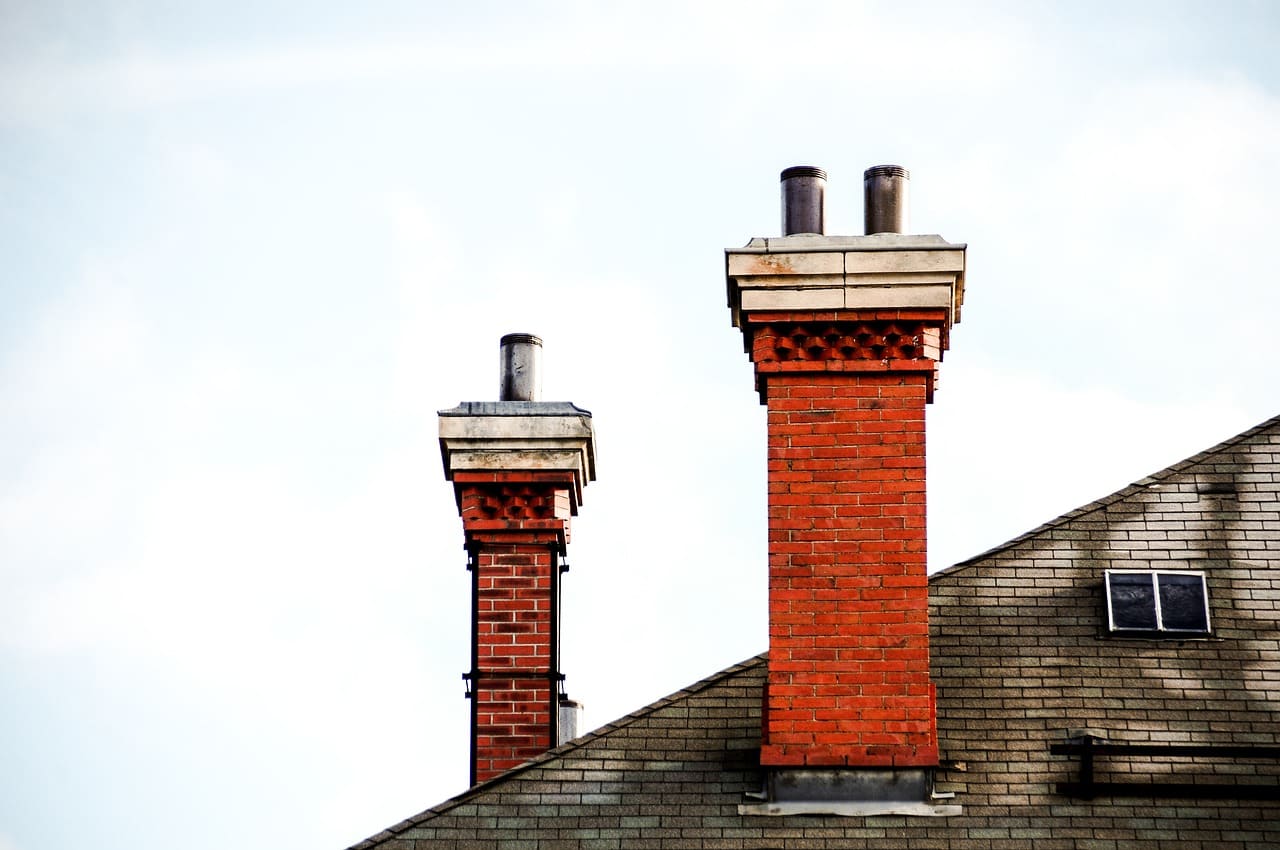
Factors That Affect How Often Chimneys Need Cleaning
- Frequency of Use: If your fireplace or stove is used daily during the colder months, you’ll need more frequent cleanings. However, if used occasionally, an annual inspection may suffice.
- Type of Fuel: The kind of fuel you burn impacts how often your chimney needs cleaning. Softwoods like pine generate more creosote than hardwoods like oak, so using softwood may require more frequent cleanings. Burning unseasoned or wet wood also increases creosote buildup.
- Chimney Design and Structure: Chimneys with bends or narrow flues can accumulate more creosote than straight ones. Older or uniquely designed chimneys may also need more frequent cleanings.
- Weather Conditions: Weather can influence how often your chimney needs cleaning. High winds or storms can cause debris to enter your chimney, and moisture from rain or snow can mix with soot, creating a corrosive environment.
Signs Your Chimney Needs Cleaning
Understanding how often to clean your chimney is important, but knowing when it needs cleaning is equally vital. Here are some signs that it’s time to sweep your chimney:
- Visible Creosote and Soot: A thick layer of sticky creosote is a clear indicator that cleaning is overdue.
- Smoke Entering the Room: If smoke is backing up into your home, it’s a sign of blockage.
- Unpleasant Smells: Strong odors coming from your fireplace are often due to creosote buildup.
- Slow-Burning Fires: Poor airflow caused by a clogged chimney can result in slow-burning or inefficient fires.
For professional assistance, reach out to a Chimney Sweep.
Tips to Keep Your Chimney Clean
To minimize how often your chimney needs cleaning, follow these simple maintenance tips:
- Burn Seasoned Wood: Use dry, seasoned hardwood to reduce creosote buildup.
- Install a Chimney Cap: A chimney cap prevents debris, rain, and small animals from entering, helping you cut down on how frequently you need to clean your chimney.
- Schedule Annual Inspections: Even if you don’t use your fireplace often, a yearly inspection can catch issues early and ensure your chimney is clean and safe.
- Use Creosote Sweeping Logs: These logs can help reduce creosote buildup but should complement—not replace—professional cleaning.
Best Time to Clean Your Chimney
The ideal time to schedule your chimney cleaning is just before the burning season, typically in late summer or early fall. By getting it cleaned before cold weather arrives, you ensure it’s ready for use. Scheduling during the offseason can also make it easier to secure a convenient appointment.

Why Professional Cleaning is Important
Although some homeowners may attempt to clean their chimneys themselves, professional cleaning offers several advantages:
- Safety: Professionals have the tools and expertise to safely clean and inspect your chimney, reducing fire and carbon monoxide risks.
- Efficiency: A professional sweep can quickly and effectively clean the chimney, ensuring it’s safe for use.
- Inspection: Experts can detect potential issues like cracks or blockages that need attention.
Conclusion
Knowing how often to clean your chimney is crucial for keeping your home safe and your fireplace functioning efficiently. While annual cleaning is a good general rule, factors such as fuel type and usage patterns can influence the frequency. Recognizing the signs of a dirty chimney and scheduling professional cleanings will help you avoid hazards like chimney fires and poor indoor air quality.
FAQ
1. How often should you clean your chimney?
Generally, chimneys should be cleaned at least once a year, especially before the start of the burning season. However, if you use your fireplace regularly, more frequent cleanings may be necessary.
2. How often should a chimney be swept if using a wood-burning fireplace?
If you use a wood-burning fireplace often, it’s recommended to sweep a chimney at least once a year. Frequent users may need cleaning every three months during the burning season to avoid creosote buildup.
3. How often should you get chimney cleaned for a gas fireplace?
Gas fireplaces burn cleaner than wood, but you should still have the chimney inspected and cleaned annually to check for blockages or other issues.
4. What happens if I don’t clean my chimney regularly?
Failing to clean your chimney can lead to creosote buildup, which is a major fire hazard. It can also cause blockages that affect airflow, leading to inefficient burning and even dangerous carbon monoxide leaks.
5. How do I know when my chimney needs cleaning?
Signs your chimney may need cleaning include visible creosote, smoke backing up into the room, strong odors, and slow-burning fires. If you notice any of these, schedule a professional cleaning immediately.
6. How often should I have my chimney cleaned if I only use it occasionally?
Even if you rarely use your fireplace, it’s recommended to have an annual inspection and cleaning. Occasional use can still lead to debris buildup or blockages that should be addressed.
7. Can I clean the chimney myself, or should I hire a professional?
While you can do some basic maintenance, it’s best to hire a professional for thorough cleaning and inspection. Professionals have the right tools and expertise to ensure your chimney is clean and safe to use.
8. How often should you clean the chimney of a wood-burning stove?
Wood-burning stoves should be cleaned at least once a year, but if you use them daily during colder months, more frequent cleanings may be necessary.
